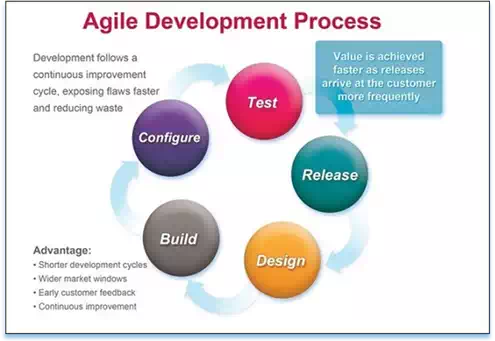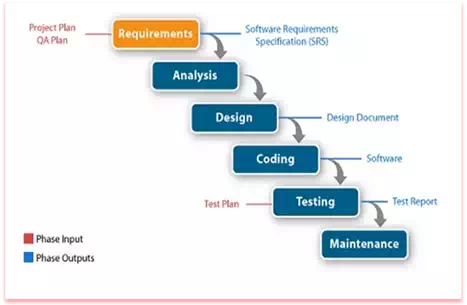IT Industry††††††
The Information Technology (IT) industry has been booming across the world since a few decades. The industry employs a large number of people across the globe and is the hub for innovation every day. The IT industry is now working mostly on Agile methodology, which is a technique of project management.
Agile is an iterative or incremental method of managing development and design. Each day, the engineers have a set of tasks at hand, which they are required to complete in a day or two. Moreover, the complex problems shot by the customers to the engineers are required to be solved quickly. In such a scenario, design thinking helps to solve the problems and address the exact needs of the customer.

Solving the customersí problems requires an intuitive thinking and understanding by observing exemplary use cases or scenarios. Hypotheses and theories are not encouraged. This intuitive understanding is developed by design thinking principles. After getting the problem statement from the client, the engineers are supposed to brainstorm on ideas and suggest solutions to the client.
Before ideas can be thought of, it is imperative for the engineers to do an in-depth requirements gathering. This helps to understand the exact needs of the client and also helps to make the analysis and synthesis easier. In a Waterfall model, which is different than the Agile model, the process starts with requirements gathering, followed by creating the visual designs and then occurs the development of solution. Testing is the last step in the model. Looking closely, it is similar to the process of design thinking.
The IT engineers today are supposed to understand the problem statement in the exact manner as felt by the client. Otherwise, both the solution and the time invested will fail. Once requirements have been gathered, only then can the developers start thinking of programmatic solutions.
The solutions that are developed are sent for the clientís experience. The feedback given by the client helps the designers and developers to iterate the process of software development. Design thinking has been used extensively in IT companies to brainstorm for solutions towards customerís problems. The advantages of using design thinking in IT industry for software development are as follows.
● The solutions are prototyped.
● The results are verified.
● The best solutions are accepted.
● The solutions are experienced by the client before approval.
● Short iterations are possible to improve the user experience.
● Small cross-functional teams.
● Incremental delivery is possible.
● Fast feedback helps the designers and developers.
● Continuous improvement is possible.

The use of design thinking principles have grown so much in the IT industry that nowadays world-renowned companies like Infosys have made it mandatory for its employees across the globe to undergo design thinking courses and get certified as a design thinker.
The concept of design thinking is central to the process of developing software solutions, which target the exact needs of the customer and have the flexibility of getting modified in an iteration process based on the feedback given by the client.